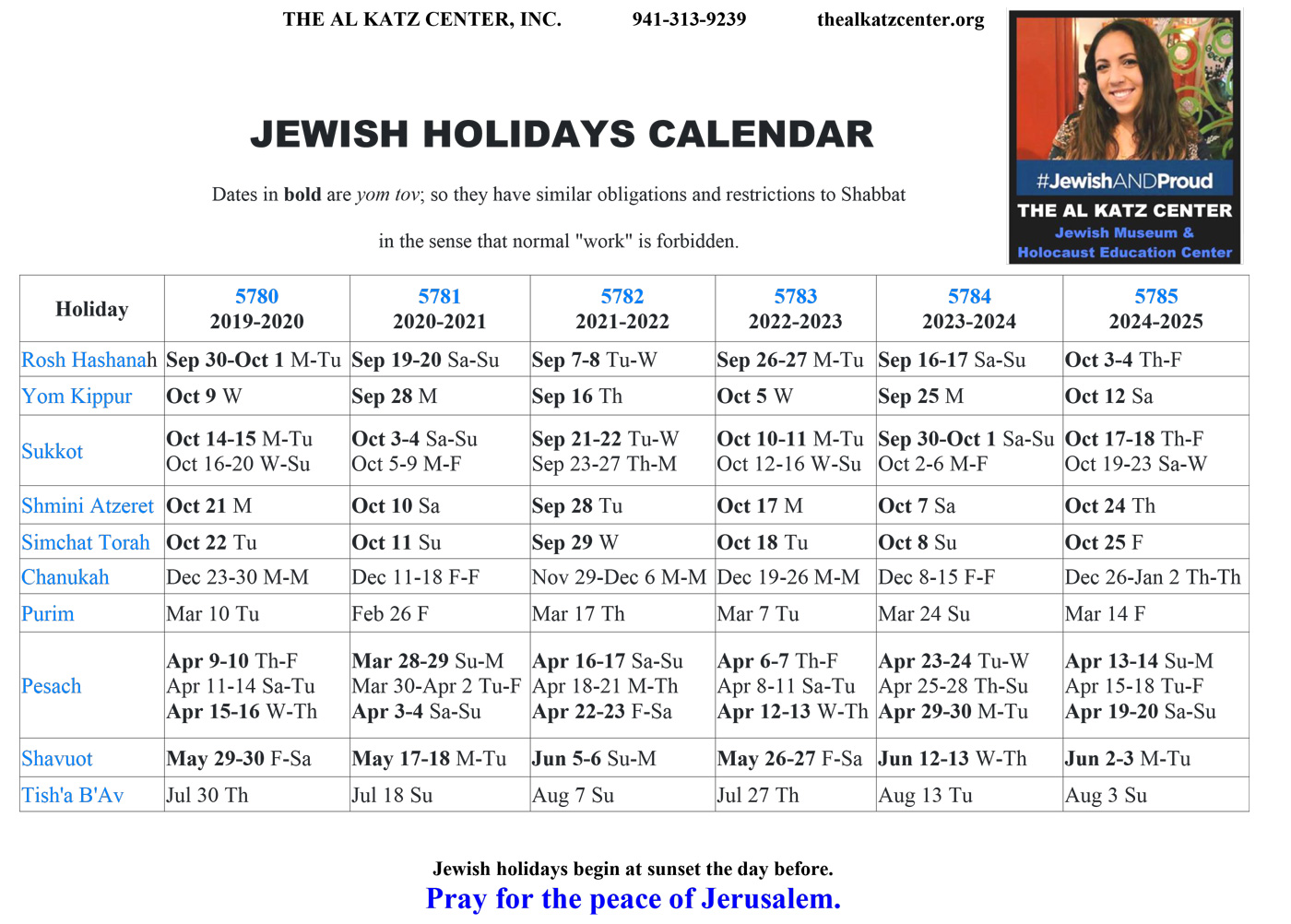The 2025 Israel Calendar: A Comprehensive Guide
Related Articles: The 2025 Israel Calendar: A Comprehensive Guide
- Calendario 2025 Salamanca: A Journey Through History And Culture
- July 2025 Calendar Printable Word: Plan Your Month Effectively
- European Holidays 2025 Calendar: Plan Your Unforgettable Getaway
- August 2025 Calendar Template Free: Plan Your Month Efficiently
- Google Doc Calendar Template 2025: A Comprehensive Guide
Introduction
With enthusiasm, let’s navigate through the intriguing topic related to The 2025 Israel Calendar: A Comprehensive Guide. Let’s weave interesting information and offer fresh perspectives to the readers.
Table of Content
Video about The 2025 Israel Calendar: A Comprehensive Guide
The 2025 Israel Calendar: A Comprehensive Guide

Introduction
The Israeli calendar, also known as the Hebrew calendar, is a lunisolar calendar used in Israel and by Jewish communities worldwide. It is based on the cycles of the moon and the sun, and it consists of 12 months, with each month beginning on the day of the new moon. The calendar is used for religious and civil purposes, and it is the official calendar of the State of Israel.
The 2025 Israel calendar will begin on Thursday, September 18, 2024, and will end on Wednesday, September 9, 2025. The calendar will consist of 354 days, and it will include the following holidays:
- Rosh Hashanah: The Jewish New Year, which begins on the first day of the Hebrew month of Tishrei.
- Yom Kippur: The Day of Atonement, which falls on the tenth day of Tishrei.
- Sukkot: The Feast of Tabernacles, which begins on the fifteenth day of Tishrei.
- Simchat Torah: The Rejoicing of the Torah, which falls on the twenty-second day of Tishrei.
- Hanukkah: The Festival of Lights, which begins on the twenty-fifth day of Kislev.
- Purim: The Feast of Lots, which falls on the fourteenth day of Adar.
- Pesach: The Passover, which begins on the fifteenth day of Nisan.
- Shavuot: The Feast of Weeks, which falls on the sixth day of Sivan.
Months of the 2025 Israel Calendar
The 2025 Israel calendar will consist of the following 12 months:
- Tishrei: The first month of the Hebrew year, which begins on the day of the new moon after the autumn equinox.
- Cheshvan: The second month of the Hebrew year, which has 29 days.
- Kislev: The third month of the Hebrew year, which has 30 days.
- Tevet: The fourth month of the Hebrew year, which has 29 days.
- Shevat: The fifth month of the Hebrew year, which has 30 days.
- Adar: The sixth month of the Hebrew year, which has 29 days.
- Nisan: The seventh month of the Hebrew year, which has 30 days.
- Iyar: The eighth month of the Hebrew year, which has 29 days.
- Sivan: The ninth month of the Hebrew year, which has 30 days.
- Tammuz: The tenth month of the Hebrew year, which has 29 days.
- Av: The eleventh month of the Hebrew year, which has 30 days.
- Elul: The twelfth month of the Hebrew year, which has 29 days.
Holidays of the 2025 Israel Calendar
The 2025 Israel calendar will include the following holidays:
- Rosh Hashanah: The Jewish New Year, which begins on the first day of Tishrei.
- Yom Kippur: The Day of Atonement, which falls on the tenth day of Tishrei.
- Sukkot: The Feast of Tabernacles, which begins on the fifteenth day of Tishrei.
- Simchat Torah: The Rejoicing of the Torah, which falls on the twenty-second day of Tishrei.
- Hanukkah: The Festival of Lights, which begins on the twenty-fifth day of Kislev.
- Purim: The Feast of Lots, which falls on the fourteenth day of Adar.
- Pesach: The Passover, which begins on the fifteenth day of Nisan.
- Shavuot: The Feast of Weeks, which falls on the sixth day of Sivan.
Conclusion
The 2025 Israel calendar is a valuable tool for planning your year. It includes all of the important holidays and observances, and it can help you to stay organized and on track.





Closure
Thus, we hope this article has provided valuable insights into The 2025 Israel Calendar: A Comprehensive Guide. We hope you find this article informative and beneficial. See you in our next article!